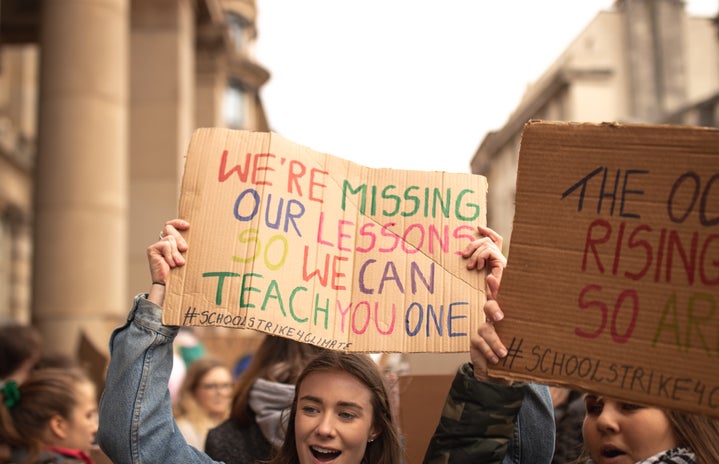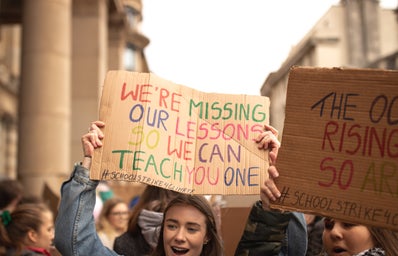This week marks the beginning of another round of lecturer strikes which intend to disrupt country-wide learning for 18 days between February and March. After five years of striking from The University and College Union (UCU), these are considered to be the ‘most disruptive’ yet as teachers retaliate against wages, equality concerns and pension cuts: all of which have failed to keep up with modern standards. However, with the majority of university students choosing to passively observe these strikes, how can universities receive the pressure needed to enact change?
Now that inflation has hit double digits, unions are calling for a pay-rise for all staff of 2 per cent above the retail price index (which stood at 13.4 per cent in December 2022), as well as calling for a return to previous pension standards after they were previously adjusted to account for a £14 billion deficit in the Universities Superannuation Scheme (USS). The USS accounts for the pensions of thousands of university workers: the UCU has since warned that this adjustment wiped 35 per cent off members’ benefits in retirement – equivalent to hundreds of thousands of pounds for the worst affected. However, beyond the strikes’ economic concerns, the union are also demanding the end of insecure contracts, addressing gender, race and disability pay gaps, and reducing workloads. These request are quite often missed by those who’re promoting the strikes as the UCEA have signalled its willingness to discuss the ‘non-pay elements of the union’ only when wages have been resolved, hence the major focus on economic benefits from the union itself.
For the majority of university students, these strikes have caused large-scale disruptions to their £9,000 per year education. Particularly for many final year students— who’ve delt with the impact of COVID-19— there’s a passive indifference to the lecturers striking. The absence of lecturers have left these students without guidance during the final weeks of their dissertation process after two years of already obstructed learning. It’s this very indifference that’ve inhibited the strike’s success; without severe pressure from both students and teachers, the university and government are more easily able to ignore the demands of the union.
With this in mind, what can students do to support the strikes?
A Warwick university student has created an Instagram account named ‘studentstaffsolidaritywarwick’, which intends to educate students on the intention of the strikes as well a suggesting options for supporting our lecturers. This includes an email format any student can send to Stuart Croft (Vice-Chancellor and President of the University of Warwick ), as well as advice for why students shouldn’t use official Warwick buildings to study in during strike days. The advice from many strike officials is to cause as much disruption to the university as possible; it’s this indifference which will continue to inhibit the strikes and in turn, continue the disjointed education most university students are experiencing during term two.


